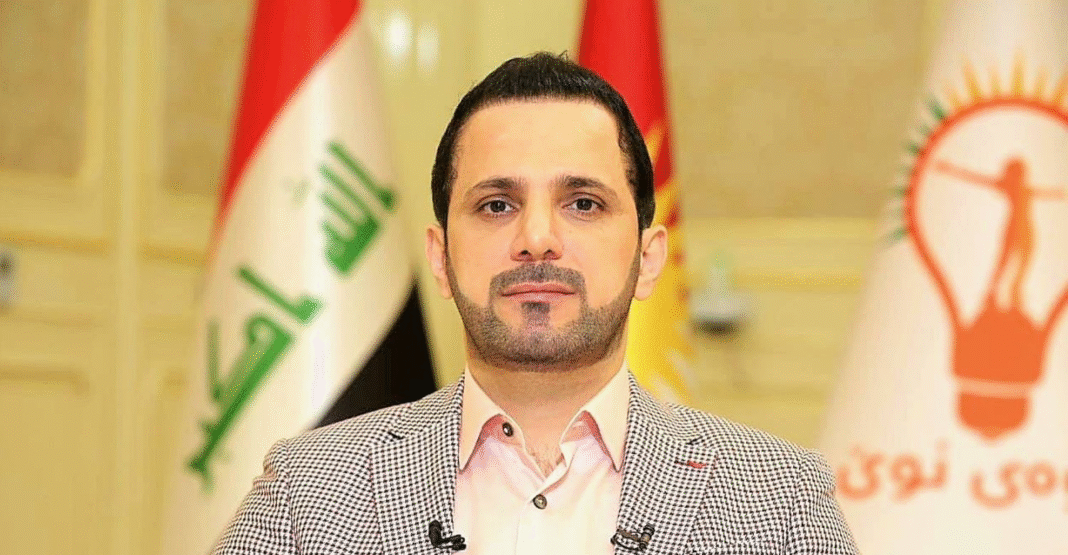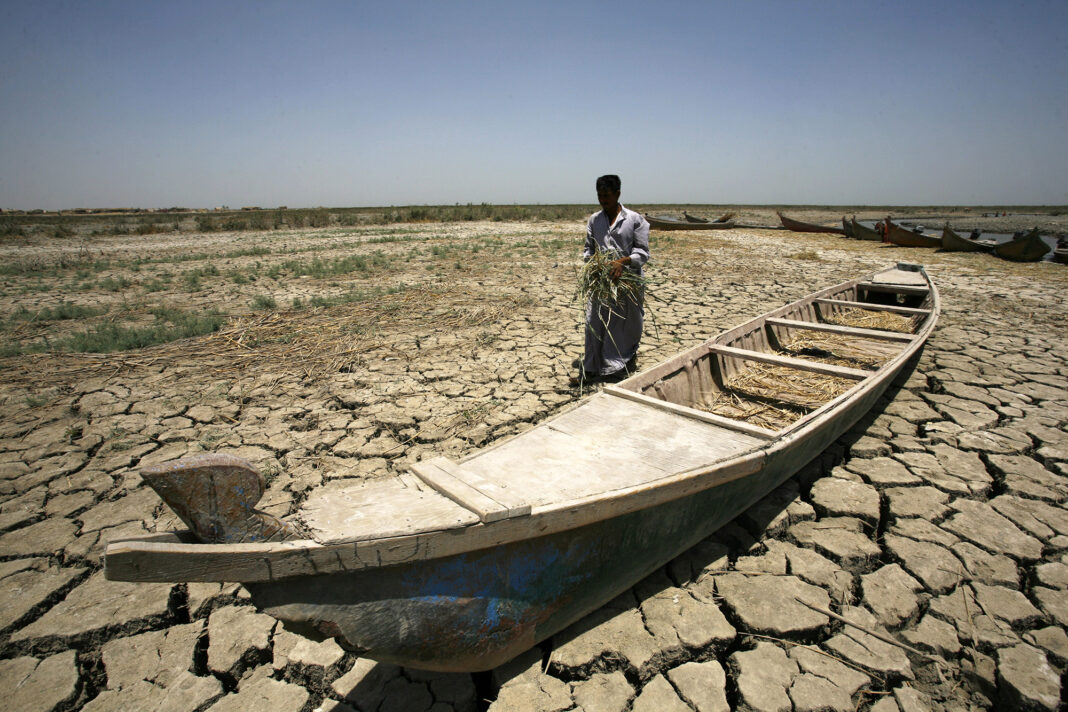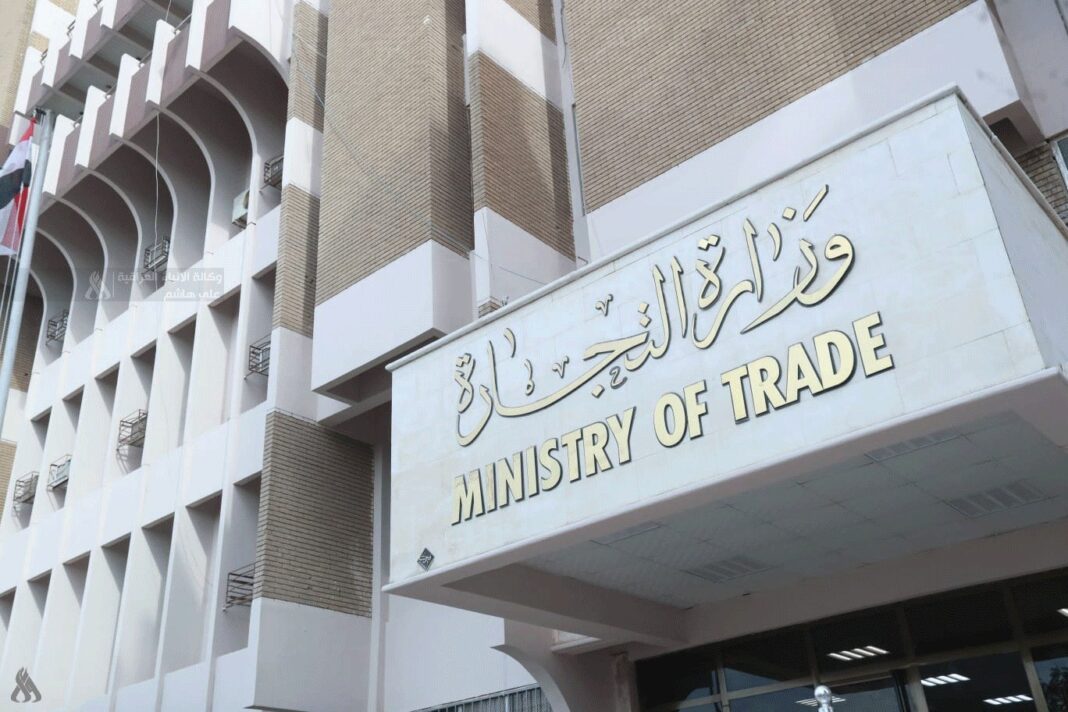The Iraqi opposition leader jailed case has drawn widespread attention as the country faces growing political tensions. Shaswar Abdulwahid, a prominent politician and businessman, received a five-month prison sentence from a court in Iraqi Kurdistan, his lawyer confirmed.
Shaswar Abdulwahid leads the New Generation party, which holds 15 of 100 seats in the region’s parliament and nine of 329 seats in Iraq’s federal parliament. The party represents a major opposition force in the autonomous Kurdish region, challenging the established political system.
Lawyer Bashdar Hasan stated that Shaswar Abdulwahid’s team will appeal the ruling. In addition, the party announced plans to intensify its political efforts and participate actively in Iraq’s legislative elections in November. Prime Minister Mohammed Shia al-Sudani leads a larger electoral alliance that includes the party.
Shaswar Abdulwahid was arrested on August 12 at his home in Sulaymaniyah, the region’s second-largest city. The arrest followed a defamation case filed by a former lawmaker. He has faced multiple arrests since founding his party in 2017. He also survived an assassination attempt, showing the political risks opposition figures endure.
The sentencing comes amid ongoing criticism of arbitrary arrests, corruption, and restrictions on press freedom and protest rights in Iraqi Kurdistan. Activists say political rivals, including some PUK members, are often targeted. This raises concerns about civil liberties and democratic processes.
Moreover, ten days after Shaswar Abdulwahid’s detention, clashes erupted in Sulaymaniyah during the arrest of another opposition figure, former PUK senior leader Lahur Sheikh Jangi. These incidents underline the increasing tensions surrounding political dissent and public protests.
The Iraqi opposition leader jailed situation has triggered debates on accountability, governance, and electoral transparency. Experts emphasize the need for fair trials and political dialogue to prevent further unrest. In response, the New Generation party vows to continue advocating for political reform and citizen representation.
Overall, the Iraqi opposition leader jailed case reflects broader challenges in Iraqi politics. By strengthening transparency, protecting civil liberties, and encouraging dialogue, authorities can reduce tensions and improve governance in the region.



